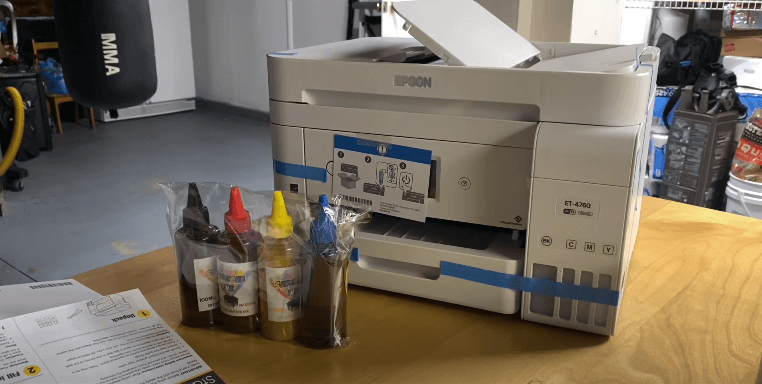
Learning a new language can be an incredibly rewarding and enriching experience, opening up a world of opportunities for personal growth, cultural understanding, and improved communication. Whether you're learning a language for travel, work, or simply personal satisfaction, the journey to mastering a new language requires dedication, practice, and effective strategies. In this comprehensive guide, we'll outline step-by-step approaches to help you learn a new language efficiently and effectively.




